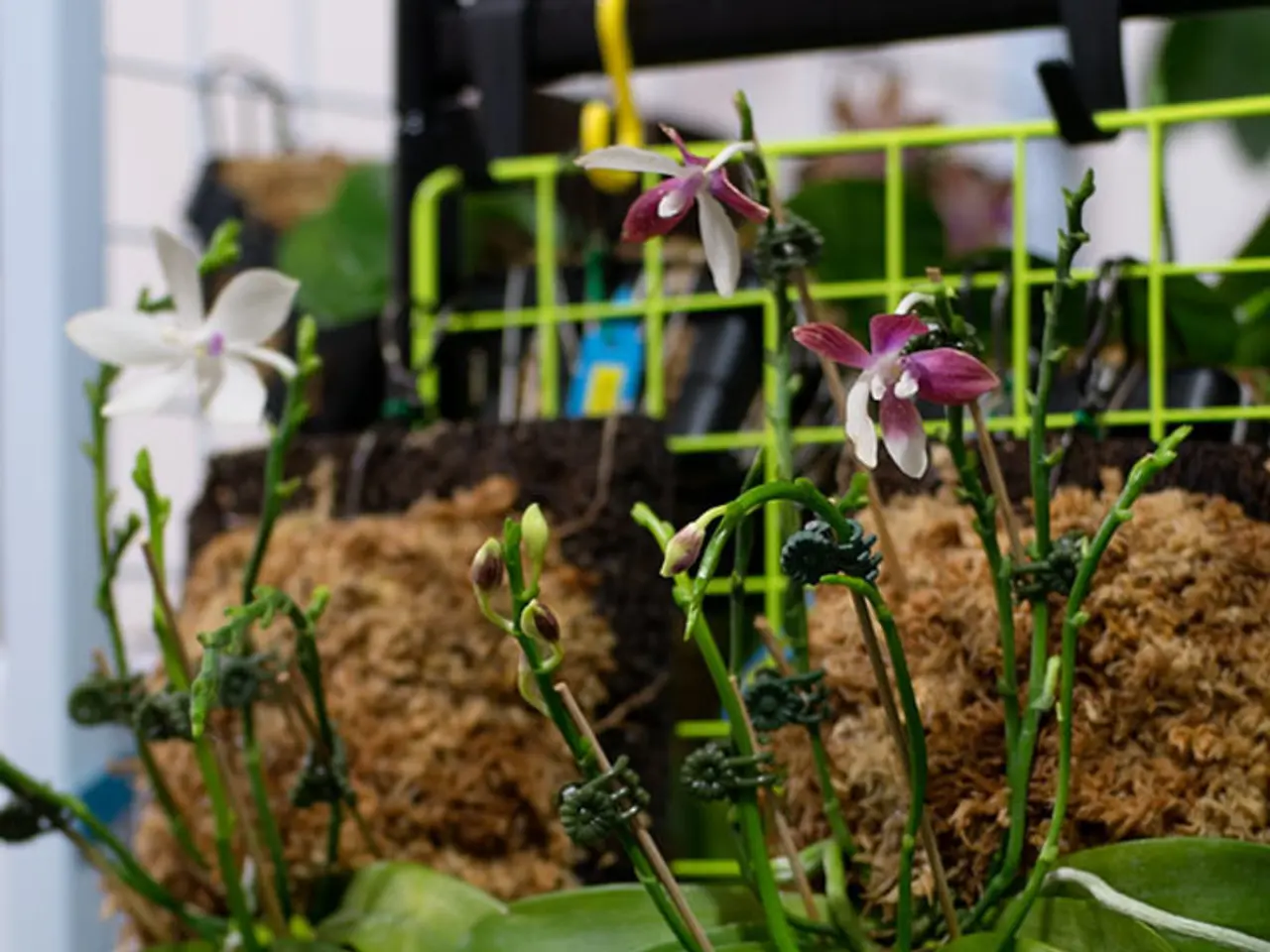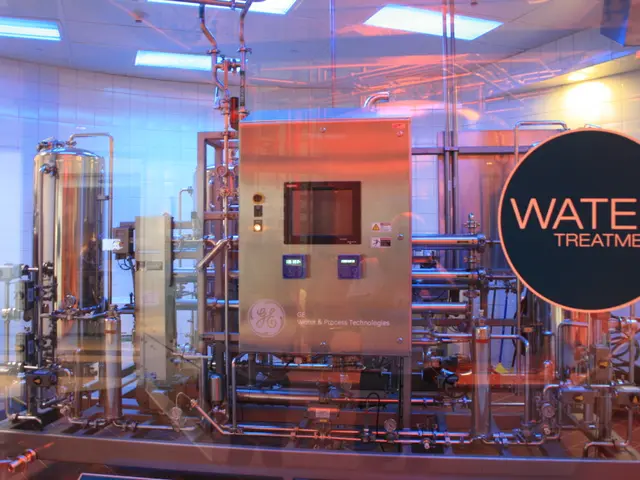French Startup Genomines Revolutionizes Nickel Extraction for EV Batteries
French startup Genomines is making waves in the clean energy sector with its innovative approach to nickel extraction. The company, which aims to produce 150,000 tons of bio-nickel annually by 2030, is already supplying car manufacturers like Hyundai and Jaguar Land Rover. Its unique method, known as phytomining, uses genetically modified plants to extract nickel from the soil.
Genomines' process involves cultivating metal-accumulating plants, such as genetically modified daisies and sunflowers, in nickel-rich soil. These plants, known as hyperaccumulators, can take up metal ions through their roots, with up to 7.6 percent of their biomass becoming nickel. After harvesting, the metal is then extracted using a combination of bioleaching and heating techniques, resulting in up to 2.5 tons of nickel per hectare and year.
This method not only provides a sustainable source of nickel for electric vehicle batteries but also offers environmental benefits. Phytomining can rehabilitate soils that are otherwise too toxic for agriculture, with around 700 plant species worldwide known to be suitable for this purpose.
Genomines' innovative phytomining approach is set to revolutionize the nickel industry, providing a clean and efficient source of this crucial battery material. With its ambitious production targets and high-profile customers, the company is well-positioned to play a significant role in the transition to electric vehicles. Its success could pave the way for similar applications of phytomining in other areas of metal extraction.








